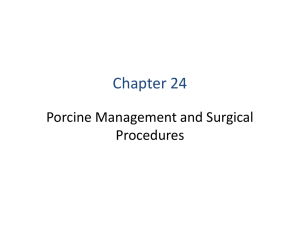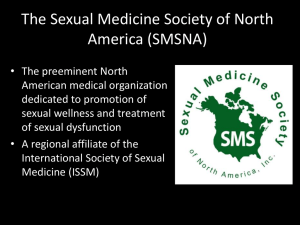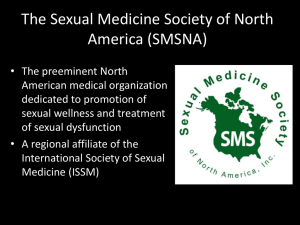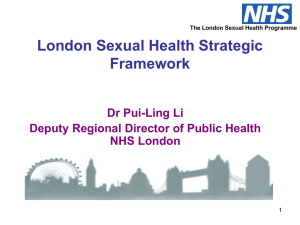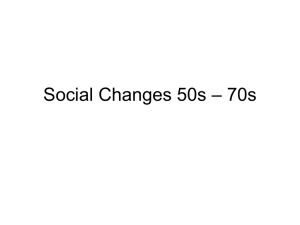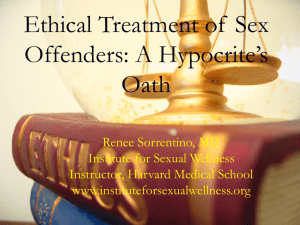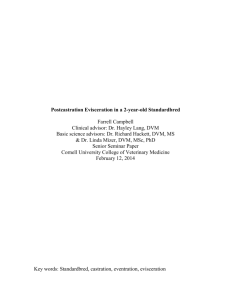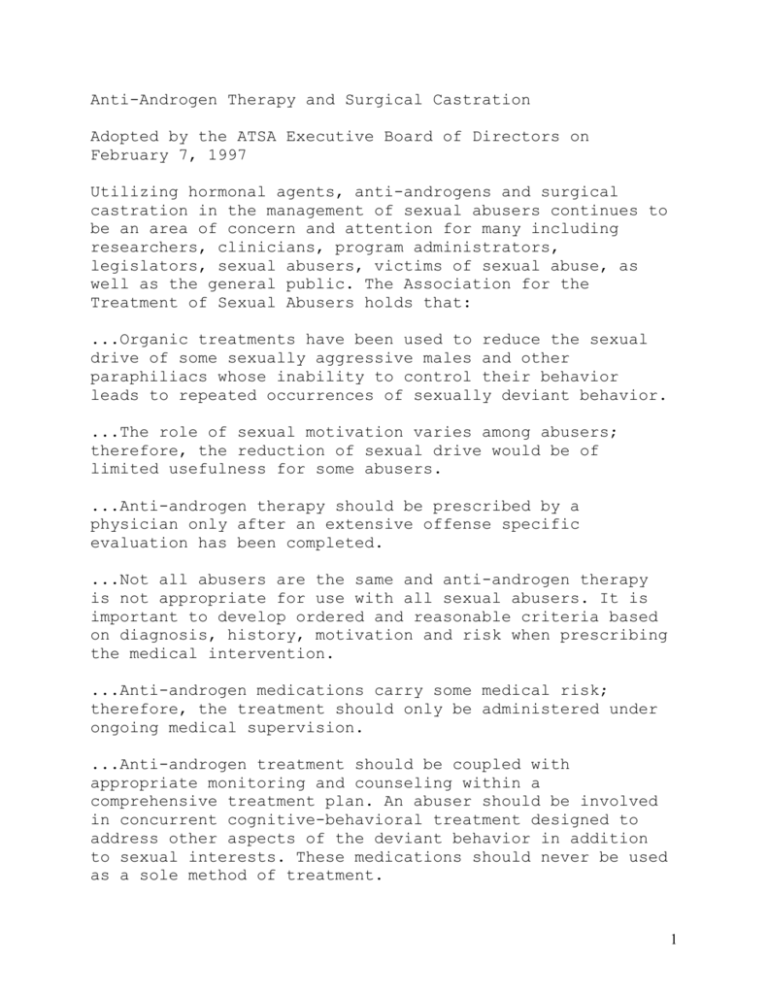
Anti-Androgen Therapy and Surgical Castration
Adopted by the ATSA Executive Board of Directors on
February 7, 1997
Utilizing hormonal agents, anti-androgens and surgical
castration in the management of sexual abusers continues to
be an area of concern and attention for many including
researchers, clinicians, program administrators,
legislators, sexual abusers, victims of sexual abuse, as
well as the general public. The Association for the
Treatment of Sexual Abusers holds that:
...Organic treatments have been used to reduce the sexual
drive of some sexually aggressive males and other
paraphiliacs whose inability to control their behavior
leads to repeated occurrences of sexually deviant behavior.
...The role of sexual motivation varies among abusers;
therefore, the reduction of sexual drive would be of
limited usefulness for some abusers.
...Anti-androgen therapy should be prescribed by a
physician only after an extensive offense specific
evaluation has been completed.
...Not all abusers are the same and anti-androgen therapy
is not appropriate for use with all sexual abusers. It is
important to develop ordered and reasonable criteria based
on diagnosis, history, motivation and risk when prescribing
the medical intervention.
...Anti-androgen medications carry some medical risk;
therefore, the treatment should only be administered under
ongoing medical supervision.
...Anti-androgen treatment should be coupled with
appropriate monitoring and counseling within a
comprehensive treatment plan. An abuser should be involved
in concurrent cognitive-behavioral treatment designed to
address other aspects of the deviant behavior in addition
to sexual interests. These medications should never be used
as a sole method of treatment.
1
...As with any treatment intervention, appropriate informed
consent must be obtained when anti-androgen therapy is
implemented.
...The effect of surgical castration is to reduce the
availability of androgen by removing the testes where
approximately 95% of the testosterone is produced. Although
it seems reasonable and has, in fact, been shown that
surgical castration may reduce paraphiliac fantasies and
behaviors, there are alternative and less invasive
treatments available.
...ATSA is opposed to surgical castration procedures based
on the availability of anti-androgen medications which can
achieve the same, if not better, results.
...A substantial percentage of surgical castrates retain
sexual functioning. Even if an abuser's capacity to have an
erection or ejaculate is permanently inhibited, the act of
sexual aggression many times involves more than the use of
the penis and those behaviors would not be affected.
...Replacement androgens can be obtained after the surgical
castration procedure, taken as a supplement to restore
testosterone levels to pre-castration levels, thus
nullifying the effects of the surgical castration.
BIBLIOGRAPHY
Berlin, F.S. & Meinecke, C.G. (1981). Treatment of Sex
Offenders with Antiandrogenic Medication:
Conceptualization, Review of Treatment Modalities and
Preliminary Findings. American Journal of Psychiatry, 138,
601-607.
Bradford, J.M.W. (1995). Pharmacological Treatment of the
Paraphilias. In J.M. Oldham & M.B. Riba (Eds.), Review of
Psychiatry (pp.755-778). Washington D.C.: American
Psychiatric Press.
Bradford, J.M.W. (1985). Organic Treatments for the Male
Sexual Offender. Behavioral Sciences and the Law, 3, 355375.
2
Bremer, J. (1959). Asexualization: A Followup Study of 244
Cases. New York: MacMillan.
Cooper, A.J., Sandau S., Losztyn S. & Cernovsky, Z. (1992).
A Double-blind Placebo Controlled Trial of
Mexdroxyprogesterone Acetate and Cyproterone Acetate with
Seven Pedophiles. Canadian Journal of Psychiatry, 37, 687693.
Cooper, A.J., (1986). Progesterone in the Treatment of Male
Sex Offenders: A Review. Canadian Journal of Psychiatry,
31, 73-79.
Heim, N. & Hursch, C.J. (1979). Castration For Sexual
Offenders: Treatment or Punishment? A Review and Critique
of Recent European Literature. Archives of Sexual Behavior,
8, 281-304.
Kafka, M.P. (1994). Sertaline Pharmacotheraphy for
Paraphilias and Paraphilia-related Disorders: An Open
Trial. Annals of Clinical Psychiatry, 6, 189-195.
Meyer, W.J., Cole, C., & Emory, E. (1992). Depo-provera
Treatment for Sex Offending Behavior: An Evaluation of
Outcome. Bulletin of the American Academy of Psychiatry and
the Law, 20, 249-259.
Ortmann, J. (1980). The Treatment of Sexual Offenders,
Castration and Antihormonal Therapy. International Journal
of Law and Psychiatry, 3, 443-451.
Stermac, L. & Hucker, S. (1988). Combining CognitiveBehavioral Therapy and Pharmacotheraphy in the Treatment of
Pedophile Incest Offenders. Behavioral Sciences & the Law,
6, 257-266.
Sturup, G.K. (1972). Castration: The Total Treatment. In
H.L.P. Resnik & M.E. Wolfgang (Eds.), Sexual Behaviors:
Social, Clinical and Legal Aspects (pp. 361-382). New York:
Little, Brown.
3





